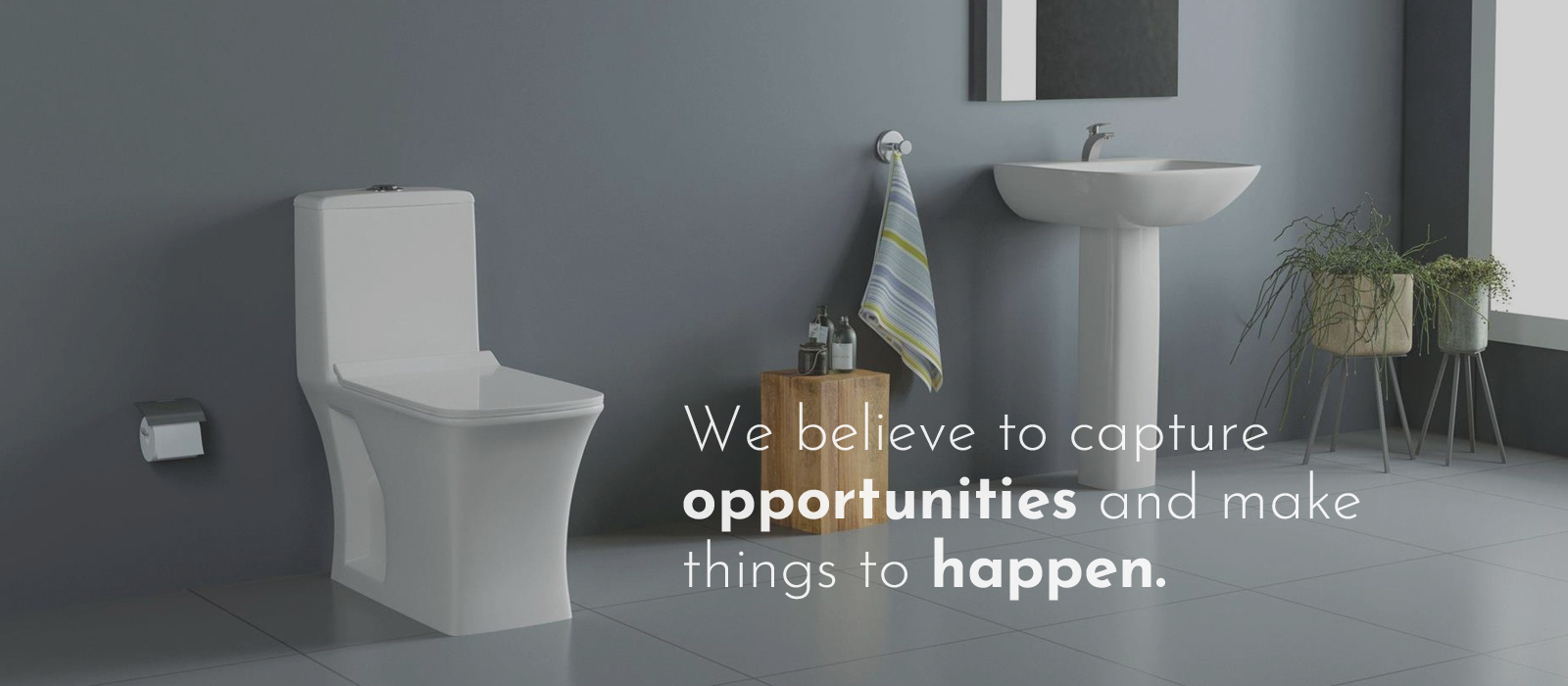
There are several ways to assess a product's life cycle, including considering the Environmental impact, life cycle assessment, testing methods, and more. These factors will help you make the best purchasing decision. To learn more about these factors, read this article. It will also help you make an informed choice about sanitary ware.
Life Cycle Assessment of Sanitary Ware
A Life cycle assessment (LCA) is a comprehensive approach to the environmental impacts of a product, including its life cycle, materials, and manufacturing processes. It involves considering the whole lifecycle of the product from the raw material extraction through its manufacture, transportation, installation, and disposal. The primary data covers the quantity of raw materials, fuel, electricity, and water. In addition, it also covers the analysis and disposal of packaging waste and disposal of ceramic waste.
It involves identifying hot spots in the sanitary ware supply chain that were prone to environmental impacts. This suggests that efforts should be made to improve environmental efficiency during the manufacturing and transportation phases of the process. The production of sanitary ware is an industry that consumes a large amount of raw materials and energy. Increasing living standards in developing nations and a growing real estate industry are driving the demand for sanitary ware. The industry is predicted to grow at a CAGR of 10.3% over the next 10 years.

Benefits of LCA in Production of Sanitary Wares
Life cycle assessment (LCA) helps to determine the impact of sanitary ware on the environment. This process includes different phases, and each phase contributes to different environmental impacts, and the impact of each is quantified to determine the overall impact.
Using an eco-friendly manufacturing process can help reduce the impact of sanitary ware on the environment. It is important to avoid using redoxide during the glazing process, as it produces harmful emissions. Furthermore, using eco-friendly raw materials will help reduce the impact on the environment.
Testing Methods for Sanitary Wares
There are many ways to test sanitary ware and determine its quality. One method is known as inoculation, where bacteria are inoculated and allowed to grow for 24 hours. Another is called extraction, where metal ions are extracted that are toxic to bacteria. In either case, small doses are sufficient to meet the regulatory requirements.
The European Standard describes the sustainability requirements for Sanitary ware, and its assessment and evaluation methods. It is applicable to a wide range of products, including those that are not yet officially certified. The European Standard was developed by the Slovenian Institute of Standardization in 2003-01. The test is conducted according to a specific protocol. Antimicrobial effects of glazed ceramic surfaces are difficult to predict. The antibacterial effect of a glazed ceramic surface depends on whether it prevents bacterial growth or prevents partial growth. Antimicrobial effects are determined by various inactivation mechanisms that vary from one bacterium to the next.
There are various instruments used in testing Sanitary ware production. These instruments help in determining the grade of sanitary ware. These instruments also help in the development of new products. Furthermore, these instruments are fast and accurate. You can rely on their results and ensure the high quality of your products. These instruments can be used by producers of sanitary ware, tableware and technical porcelain. They are also used in technical labs and research departments.

Occupational Health and Safety in Sanitary Ware Industry
The health and safety risks of workers in the Sanitary ware industry are often similar to those of workers in other types of ceramic facilities. Workers in this field have longer working hours. Occupational health and safety standards for this industry should address different health risks related to this industry.
The prevention department of a Sanitary ware production facility must ensure that workers receive the proper training to minimize potential health hazards. Employees must communicate any health or safety concerns to the prevention department. The prevention department should also conduct regular emergency drills to increase employee awareness.
The Bottom Line
Orient Ceramics guarantees the quality and durability of its sanitary ware. These products are made to last for several years and are guaranteed to give trouble-free service. However, they should be installed and used according to the instructions. We also guarantee the products sold in the UAE and export markets.
Make an Appoinment
Send us Message
Visit us at Address
Vagadiya Road, Thangadh - 363530,
Gujarat, India.
Gujarat, India.
© Copyright 2026, Orient Ceramics, All Rights Reserved.
Web Design & Development by Opal Infotech